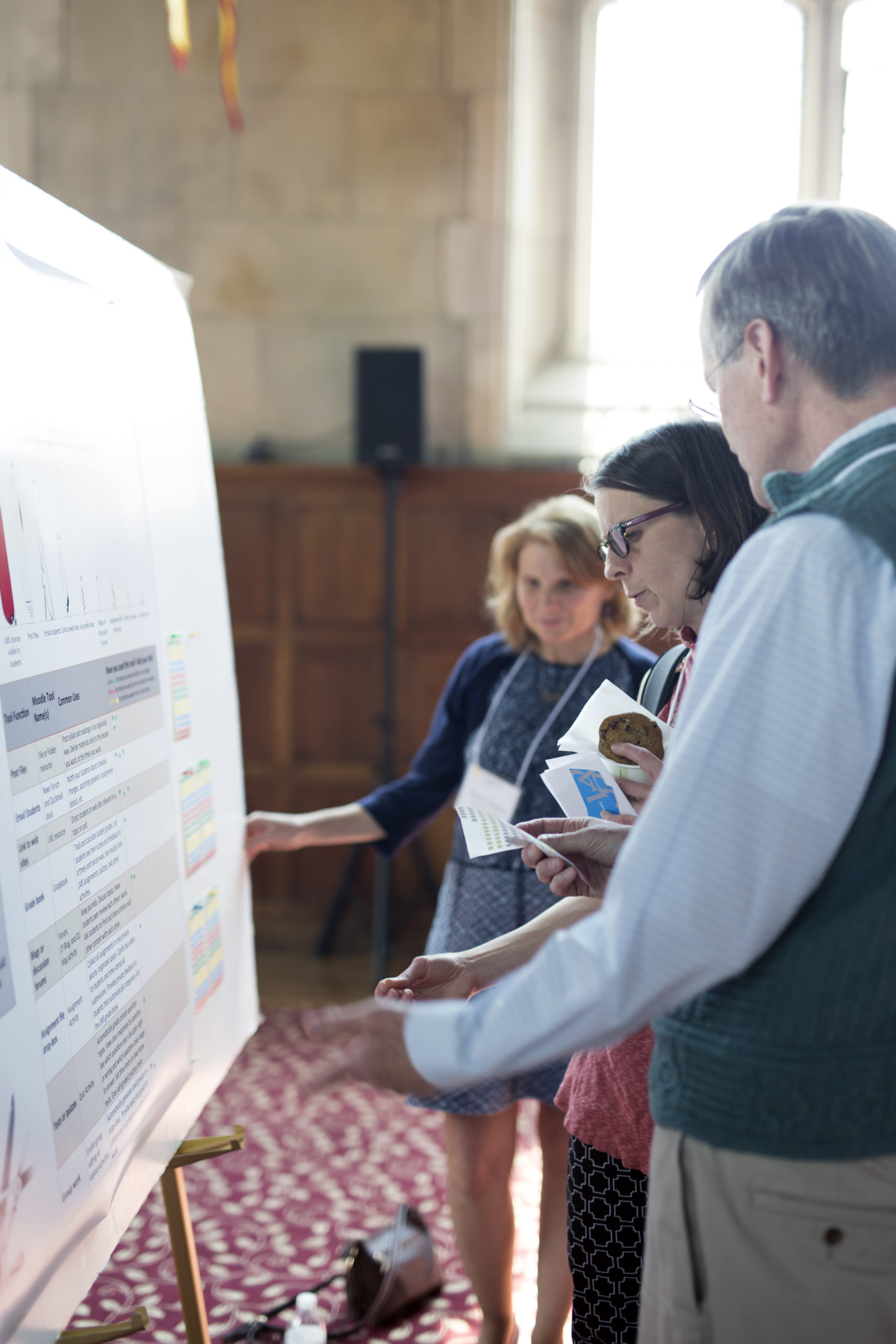Think liberal arts and innovation don’t go together? Think again at the Blended Learning in the Liberal Arts conference and JupyterDay Philly at Bryn Mawr College this month.
The Main Line women’s liberal arts college will host the conference on May 17 and May 18 for faculty and staff around the country to discuss education technology in the liberal arts, added with a JupyterDay Philly event to explore the open source online notebook software. The conference is sold out but JupyterDay, held on Friday, May 19, is still offering tickets ($10 to $35).
“Blended learning” encompasses research on how computer-based and in-class learning can be combined for the best learning outcomes. Kimberly Cassidy, then-provost of Bryn Mawr, helped apply for a Mellon Foundation grant to explore liberal arts perspectives in blended learning research, which up until then had mostly focused on learning environments in large research institutions.
“All liberal arts colleges asked: what would happen if we do the same thing in smaller classes?” said Jennifer Spohrer, manager of educational technology services at Bryn Mawr.
We’ve previously covered Bryn Mawr’s efforts in the digital humanities space.
Now in its sixth year, Bryn Mawr’s annual Blended Learning conference will include open educational resources and innovative ways of assessing student learning.
This year’s keynote speaker is Roopika Risam, currently an assistant professor of English and secondary English education at Salem State University, on the topic of “Networks of Pedagogy: Notes towards a Decolonized Classroom.”
Blended learning also focuses on problems of equity, accessibility and universal design. If, according to Spohrer, “you as an instructor don’t know where people are [in technological competencies], how can you use tools to find that out and give them the resources they need?”
Physics professors Mark Matlin and Elizabeth McCormack and computer science professor Douglas Blank chartered the use of open source Jupyter notebooks, in response to physics students’ feedback that they wanted more training in computational methods. Jupyter notebooks allow students to display text with embedded code, which allows the viewer to choose to look at output, or the code and calculations on file.
Although Jupyter hosts conferences in cities around the country, this is the first event hosted specifically for educators. “For students, it enables them to show, ‘here’s what I got, and here’s how I got it,'” Spohrer said.
In fact, Spohrer’s remarks suggest that blended learning fits perfectly in the liberal arts mission of helping students become active learners.
“We want students to think about how things work, not just consume technology.”
Join the conversation!
Find news, events, jobs and people who share your interests on Technical.ly's open community Slack

Philly daily roundup: Women's health startup wins pitch; $204M for internet access; 'GamingWalls' for sports venues

Philly daily roundup: East Market coworking; Temple's $2.5M engineering donation; WITS spring summit

Philly daily roundup: Jason Bannon leaves Ben Franklin; $26M for narcolepsy treatment; Philly Tech Calendar turns one

